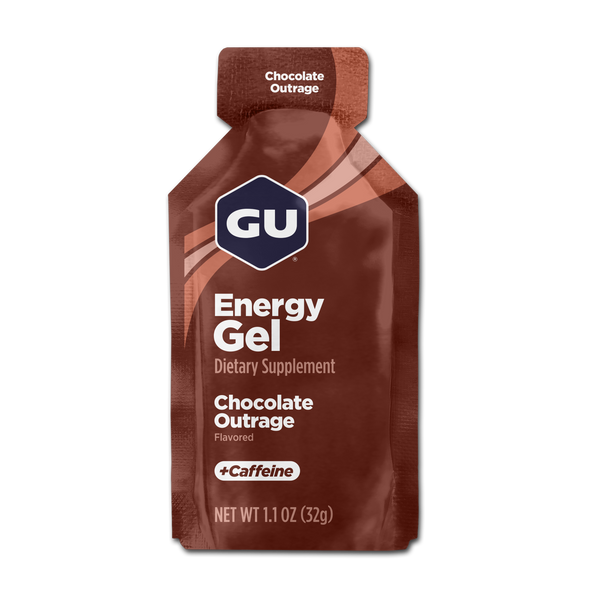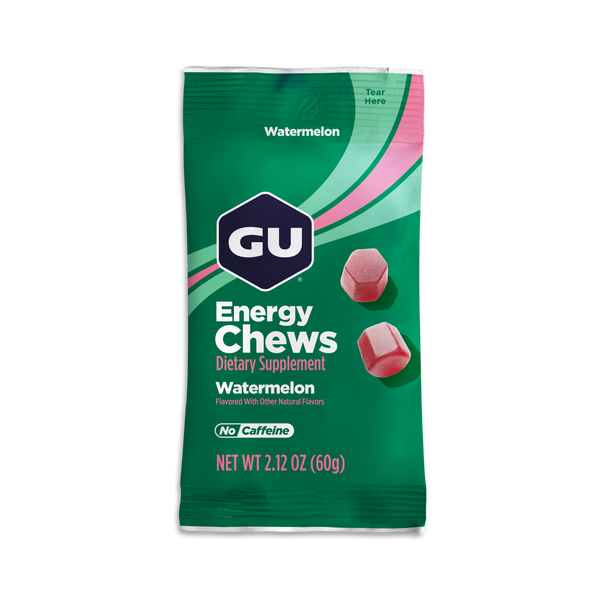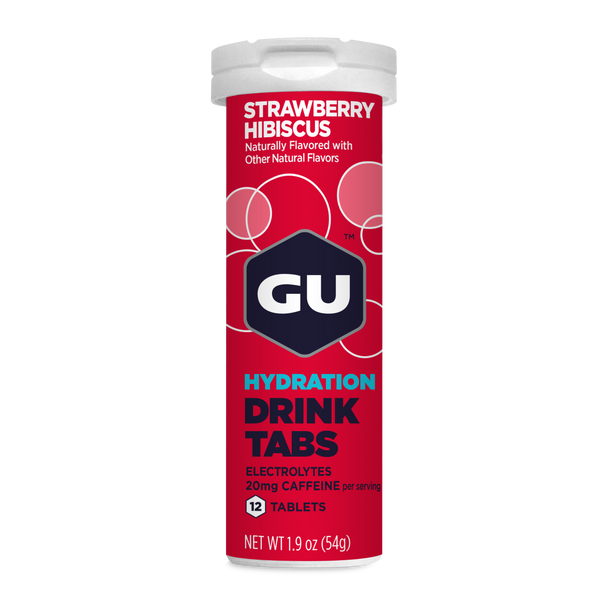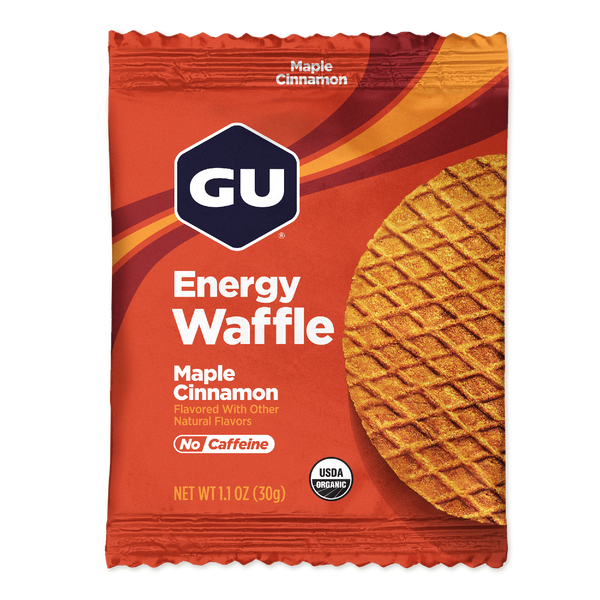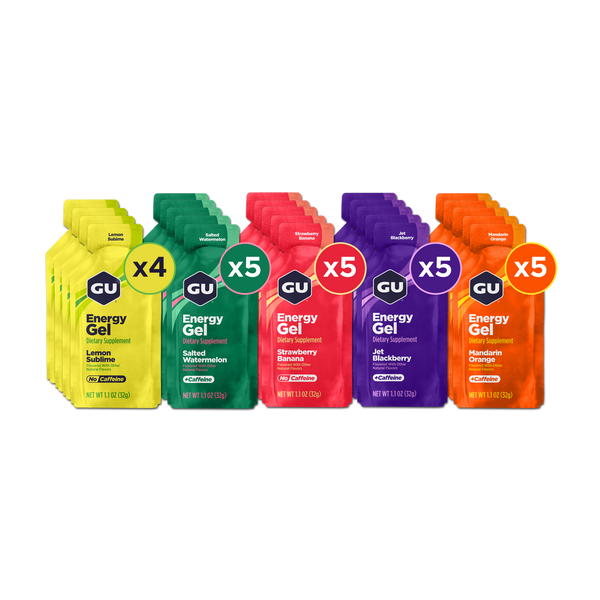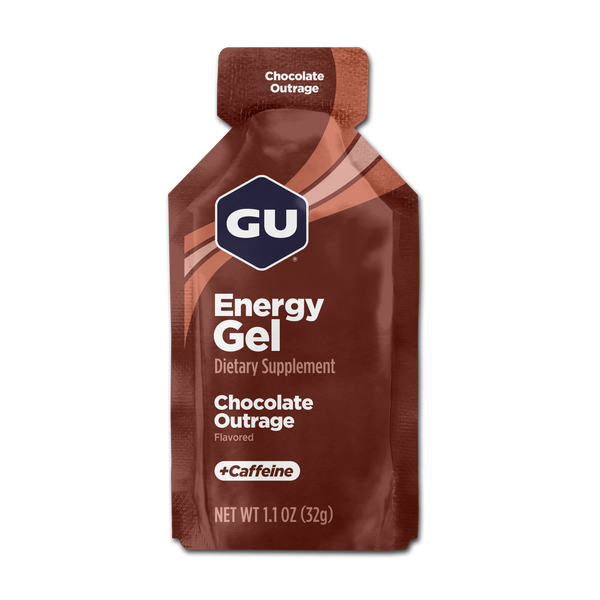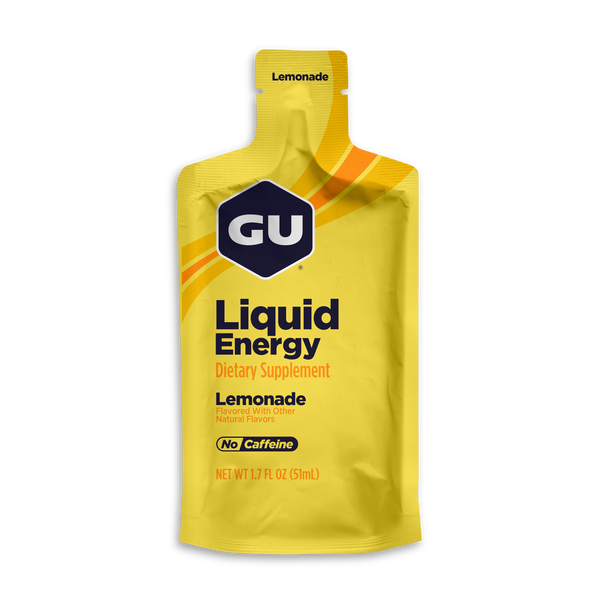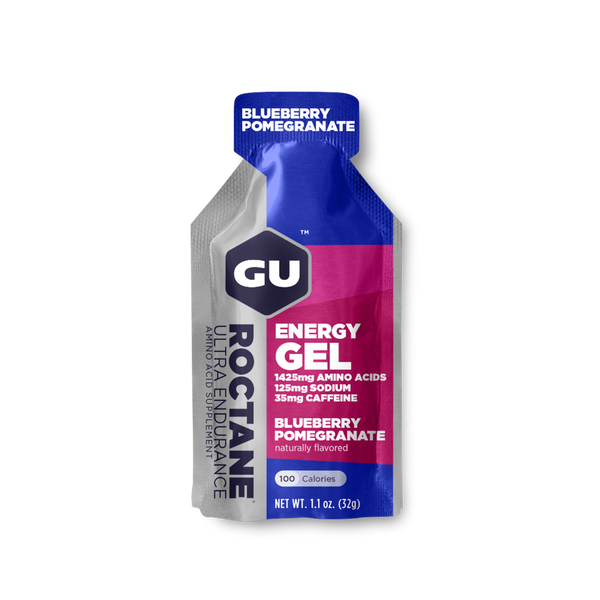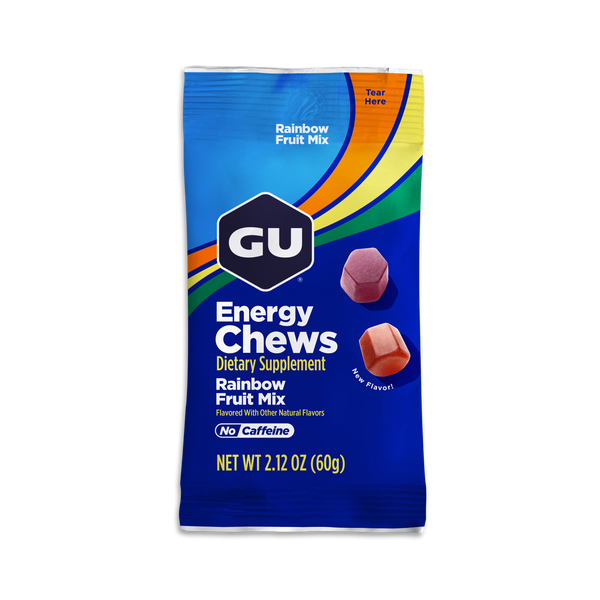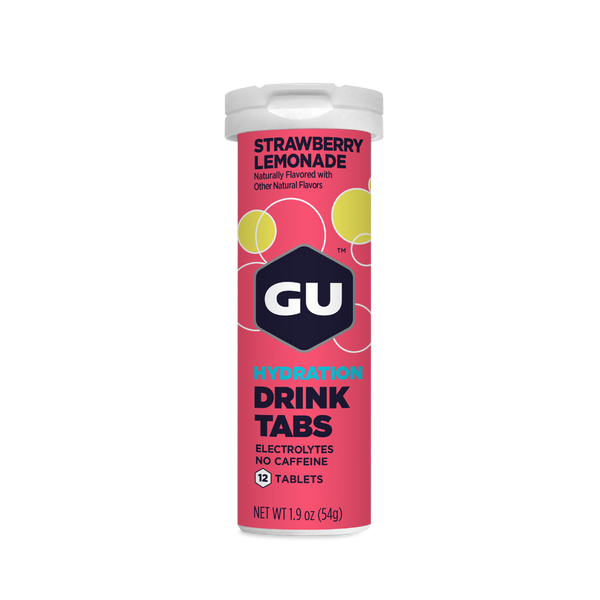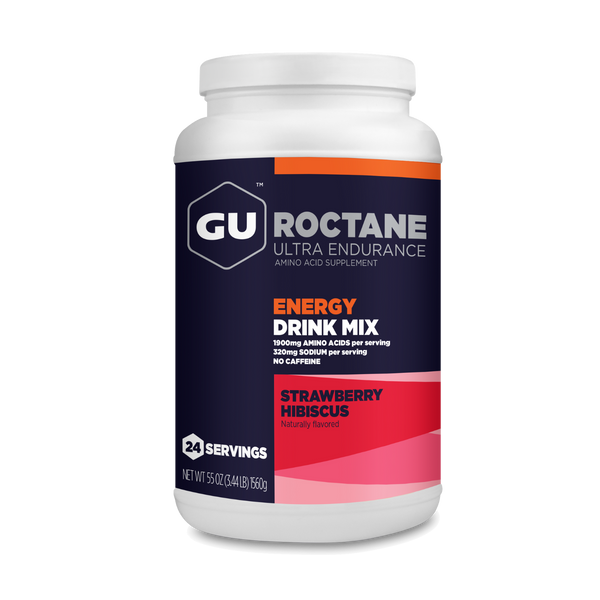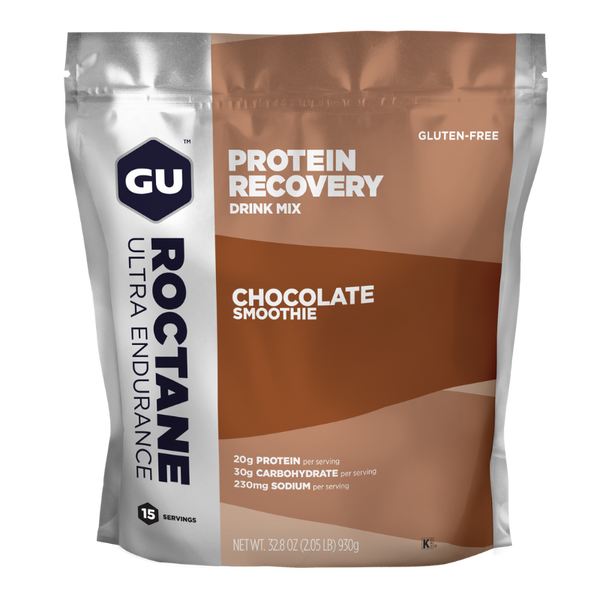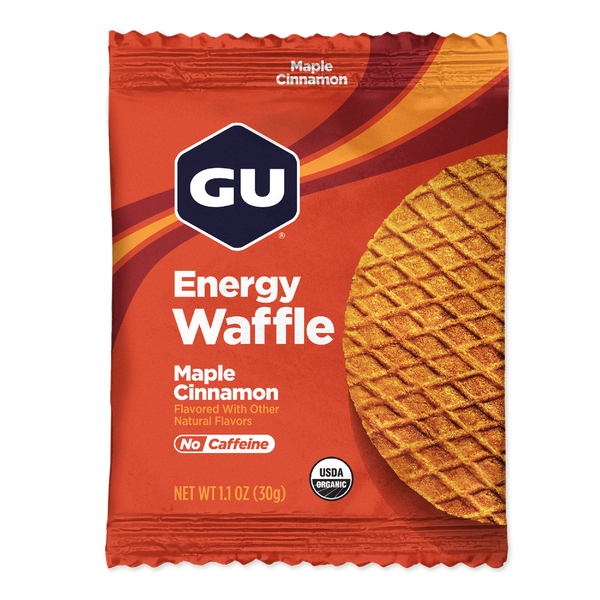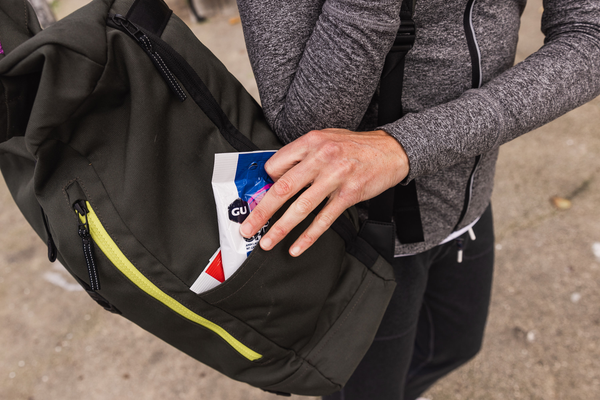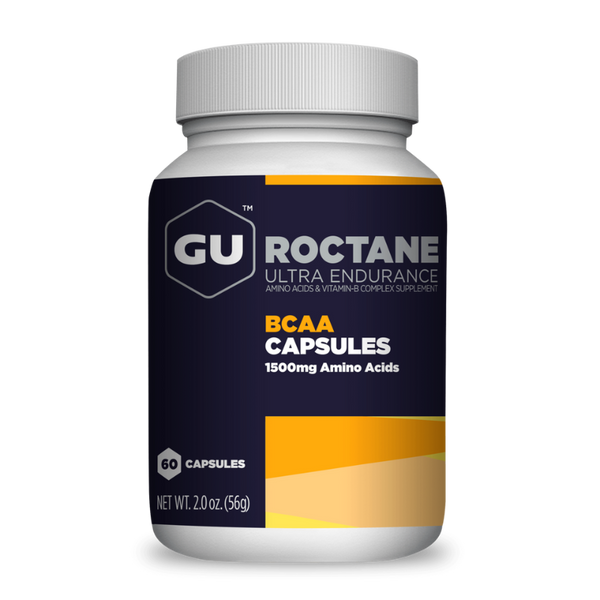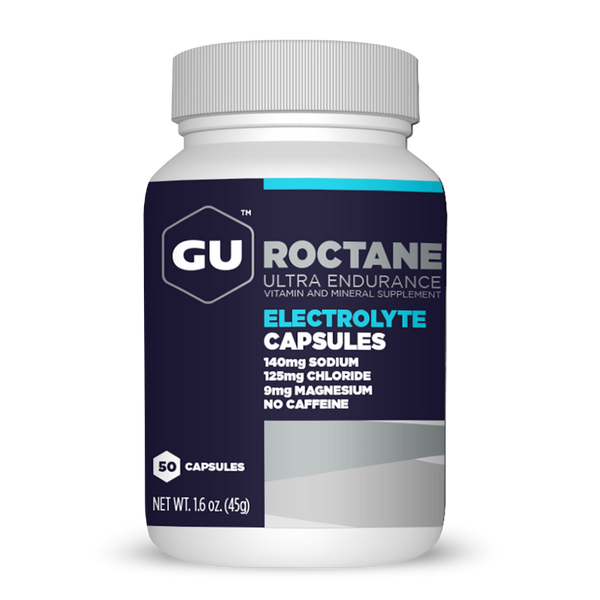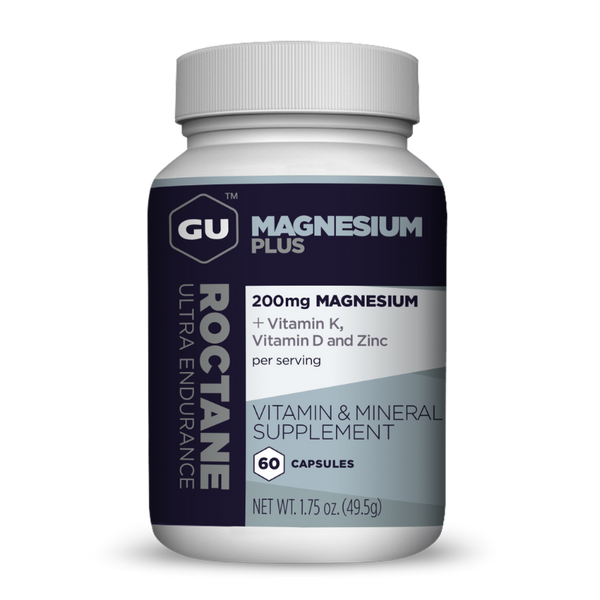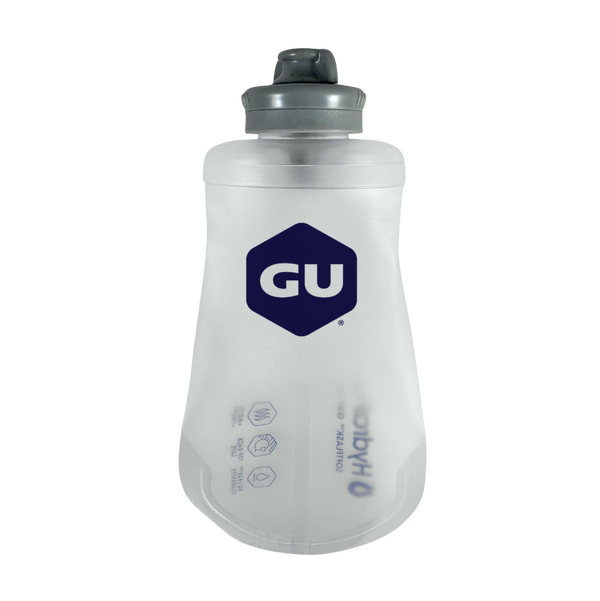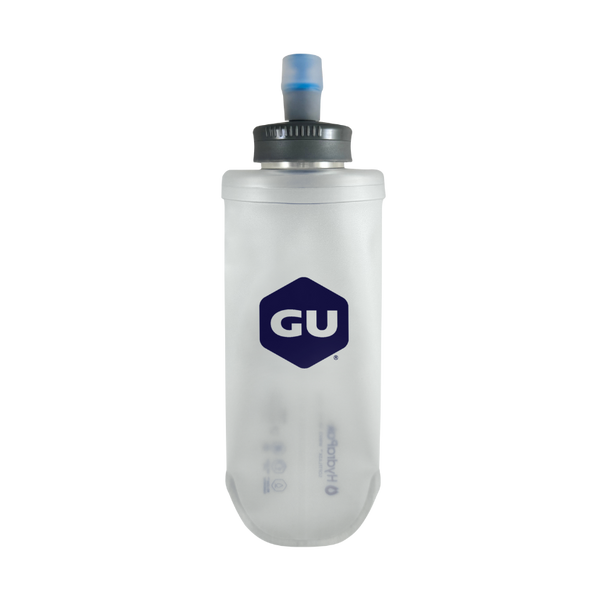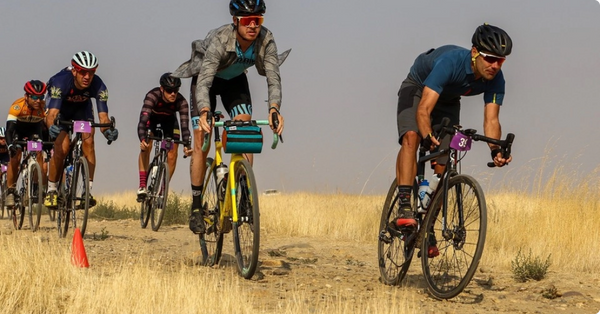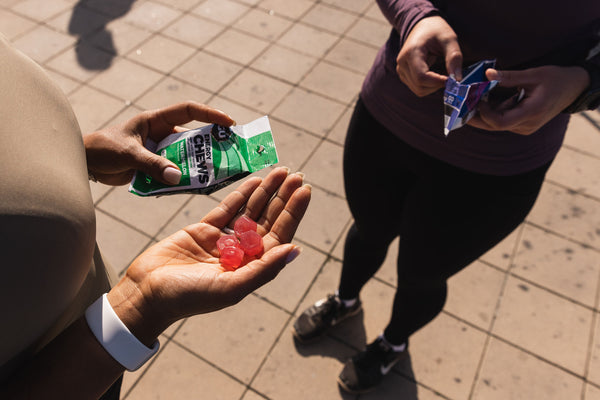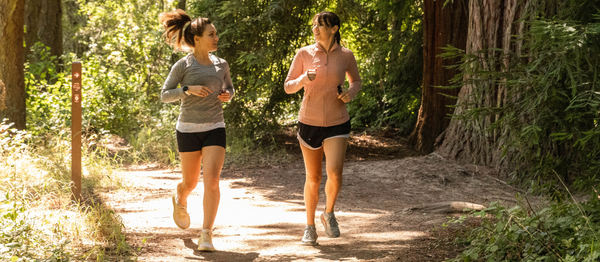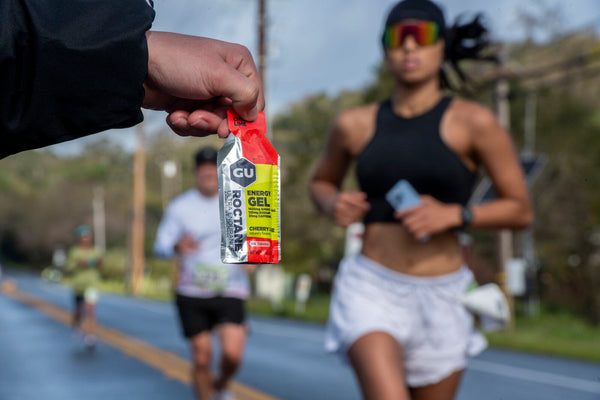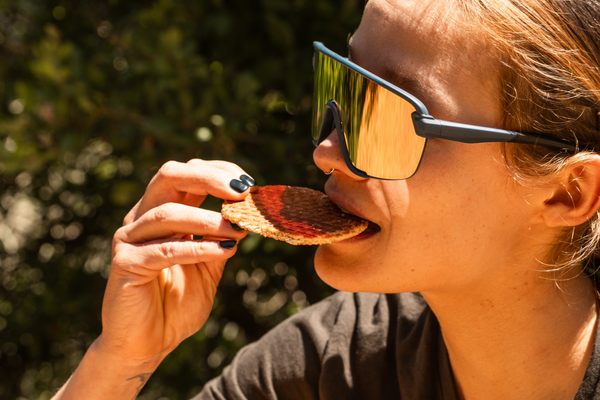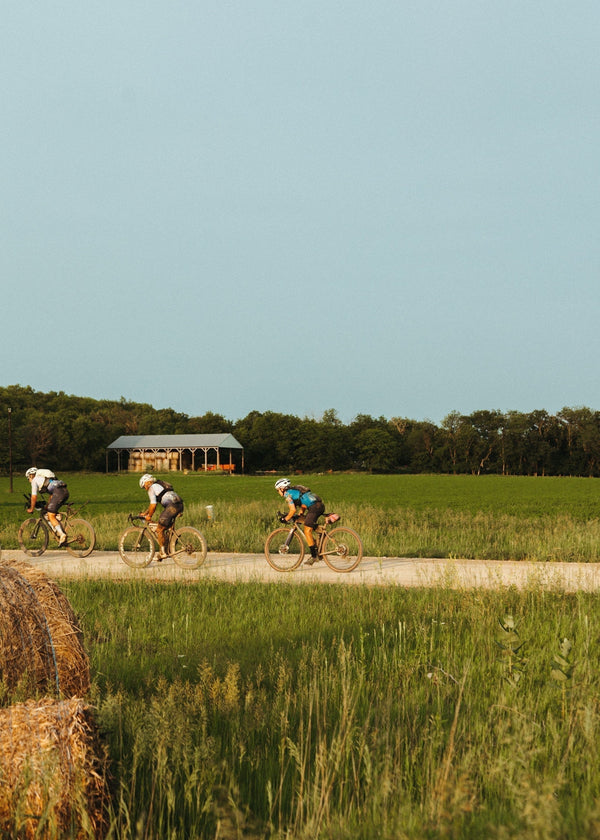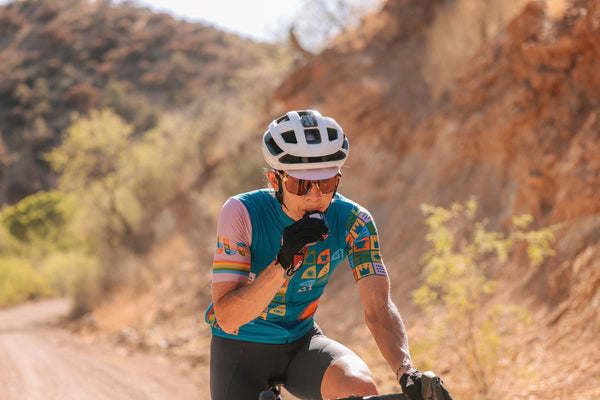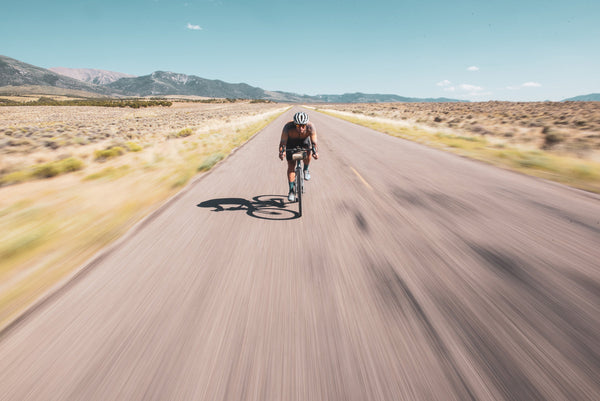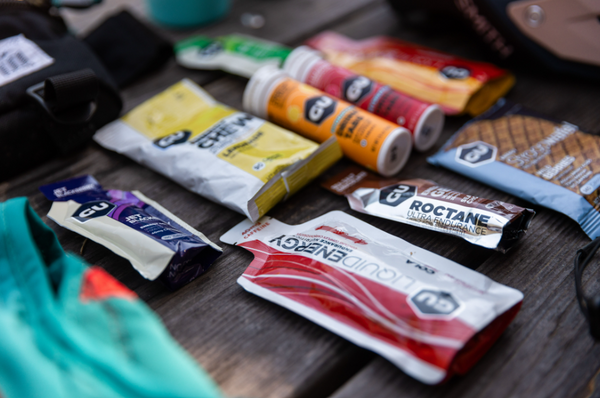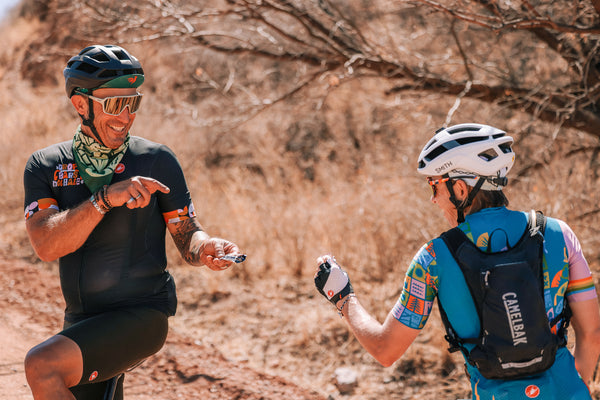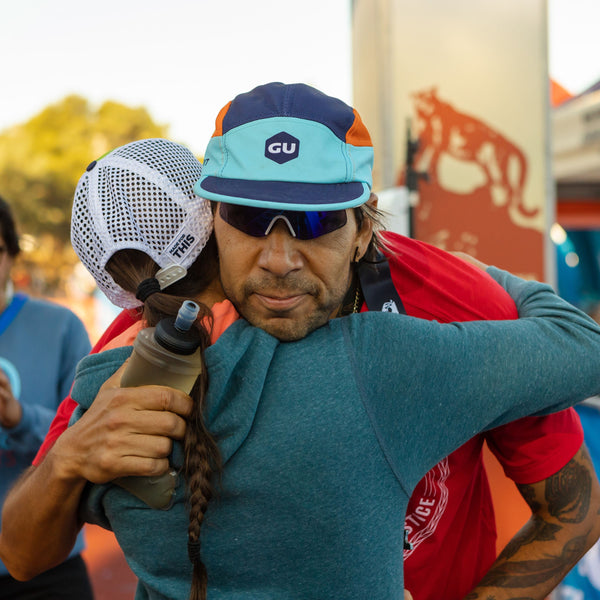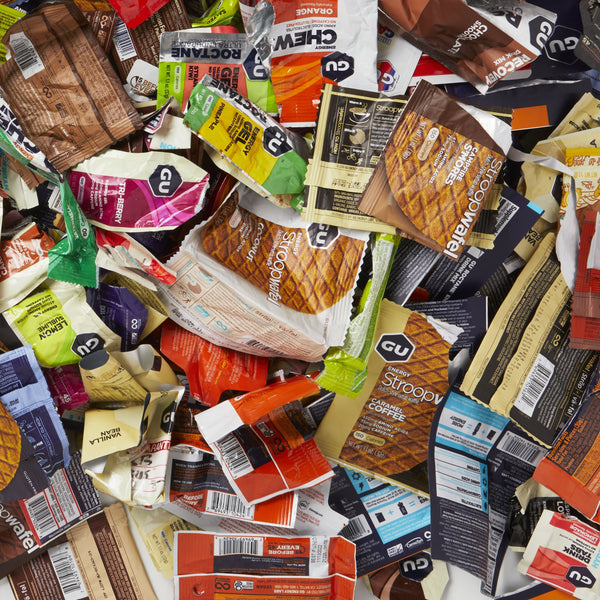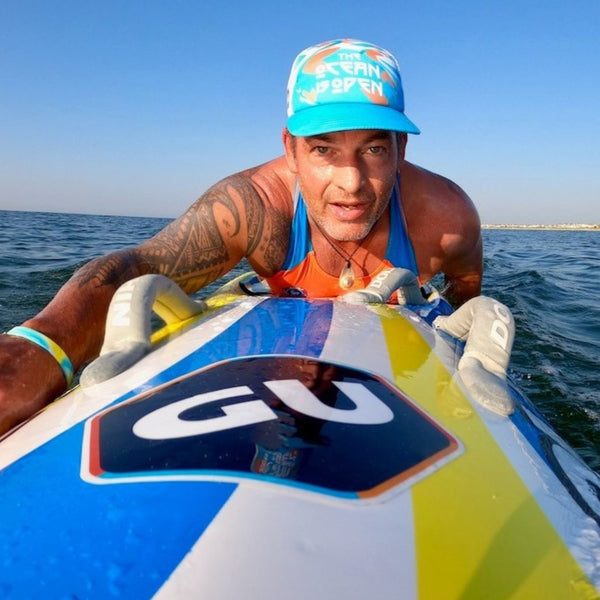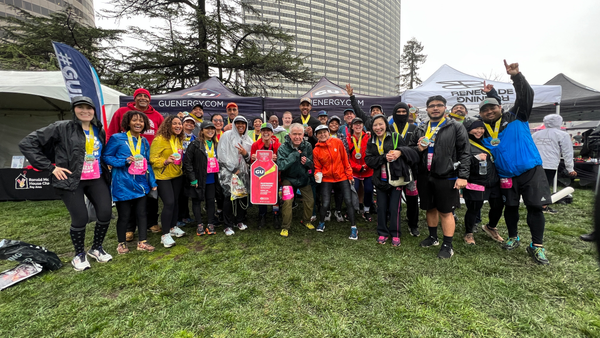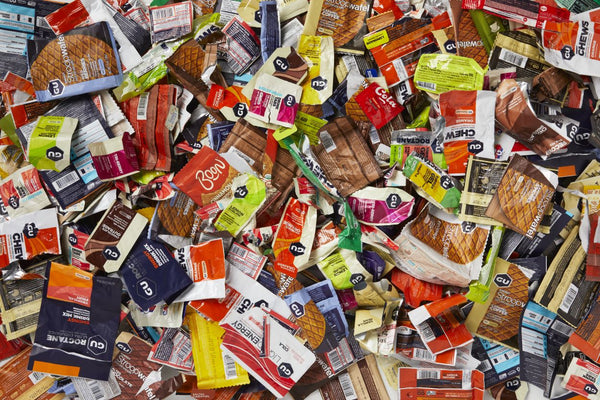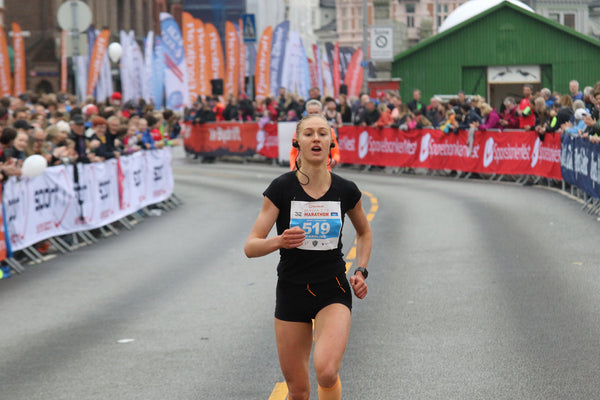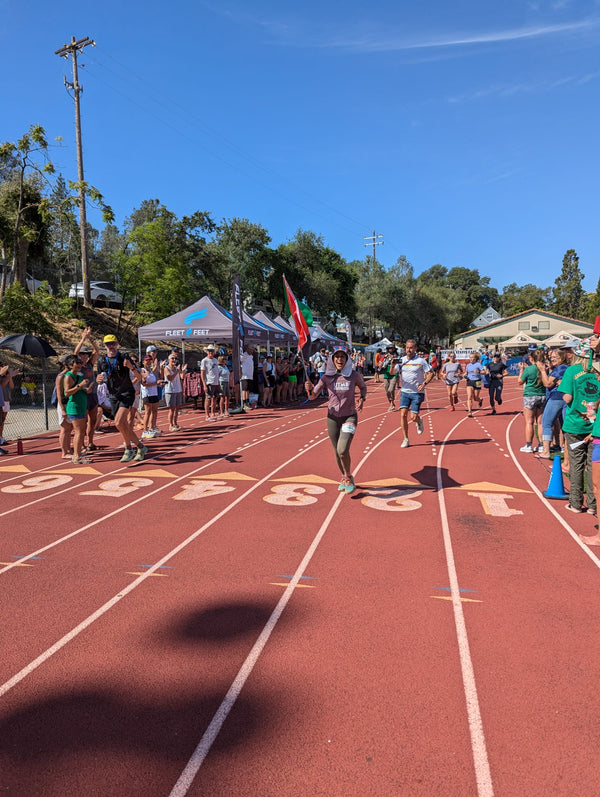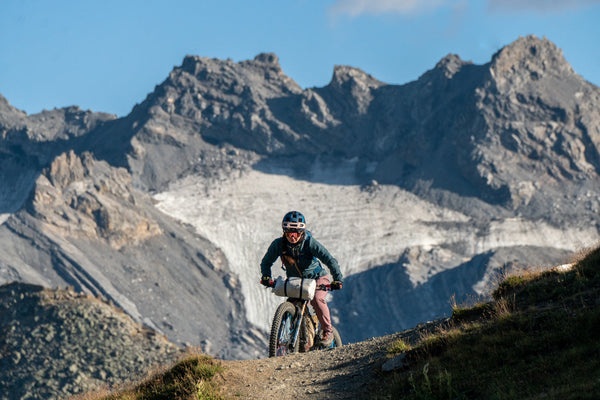Hydration vs. Electrolytes: What’s the Difference?
Reviewed by Roxanne Vogel, PhD
If you are active, whether that is training for a marathon, sweating through a summer hike, or grinding out miles on the bike, you have probably heard “stay hydrated” more times than you can count. But here is the thing: hydration is not just about water.
When you sweat, you lose two things:
- Water – the liquid your body needs to keep blood volume up and temperature regulated
- Electrolytes – the charged minerals like sodium, potassium, magnesium, and chloride that keep your muscles firing and your brain sharp
Replace one without the other, and you are only solving half the problem.
The Magic of Hydration
Water is the foundation of life and athletic performance. It helps:
- Transport nutrients to working muscles
- Regulate body temperature through sweating
- Cushion joints and tissues
But water alone cannot carry an endurance athlete through hours of effort, especially when it is hot or humid. That is where electrolytes come in.
The Role of Electrolytes
Electrolytes are like your body’s electrical wiring. They help:
- Send nerve signals that tell your muscles to contract
- Keep fluid levels balanced inside and outside your cells
- Avoid dangerous conditions like hyponatremia (low blood sodium)
If you have ever had muscle cramps mid race or felt foggy in the heat, you may have been low on electrolytes.
Quick Reference: Water vs. Electrolytes
Function |
Water (Hydration) |
Electrolytes (Sodium, Potassium, Magnesium, Chloride) |
|
Primary Role |
Restores fluid balance |
Replaces minerals lost through sweat |
|
Best For |
Mild activity, daily hydration |
Endurance events, high heat or humidity conditions |
|
Impact on Performance |
Prevents dehydration |
Maintains muscle function, prevents cramping, supports nerve signaling |
|
Sources |
Plain water, fruits, veggies |
GU Hydration Tabs, ROCTANE Energy Drink Mix, salty snacks |
Why Electrolytes Matter More Than You Think
In a long race or hard training session, losing just 2 percent of your body weight from sweat can cause:
- Slower pace
- Increased perceived exertion
- Mental fatigue
And here is the kicker: those losses are not just water — up to 1,500 mg (or more) of sodium per liter of sweat can leave your body. Skip replenishing them, and your performance will tank long before your muscles give out.
When to Choose Water vs. Electrolytes
Scenario |
Choose Water |
Choose Electrolytes |
|
Easy walk, light yoga |
✅ |
❌ |
|
90 plus min run or ride |
❌ |
✅ |
|
Hot or humid training |
❌ |
✅ |
|
Desk work, daily life |
✅ |
❌ |
Pro Tip: If your workout lasts longer than an hour, or you can wring out your shirt after, you are in electrolyte territory.
GU Hydration Tabs vs. ROCTANE: Which One Is Right for You?
Feature |
Hydration Tabs |
ROCTANE Energy Drink |
|
Sodium per serving |
320mg |
320mg |
|
Amino acids |
400mg |
1,900mg |
|
Carbs |
2g |
59 to 60g |
|
Calories |
10 |
250 |
|
Best Use |
Light to moderate activity |
Long duration or high intensity events |
Hydration Tabs: Perfect for shorter workouts, casual rides, or active recovery days. They add electrolytes without overloading you on calories or carbs.
ROCTANE Energy Drink Mix: Built for the big days like marathons, ultraruns, long distance cycling, or brutal heat. It is a full fueling and electrolyte solution to keep you going strong.
Putting It All Together: A Smart Hydration Strategy
-
Pre Workout:
- Drink water or Hydration Tabs steadily throughout the day
- Top off with electrolytes if you are starting in hot weather
-
During Workout:
- Less than 60 minutes: Water is fine
- More than 60 minutes or hot/humid: Electrolytes are a must — aim for 300 to 800 mg sodium per hour depending on sweat rate
-
Post Workout:
- Replace both water and electrolytes to aid recovery
- ROCTANE Protein Recovery can help cover both hydration and muscle repair needs
Bottom Line
- Hydration = fluid balance
- Electrolytes = performance balance
- The best athletes get both right
Water keeps you alive. Electrolytes keep you moving. The real magic is knowing when you need each.

